Drought is a global crisis that, according to the UN, risks becoming "the next pandemic" if governments do not take immediate action on water and land management as well as address the climate emergency.
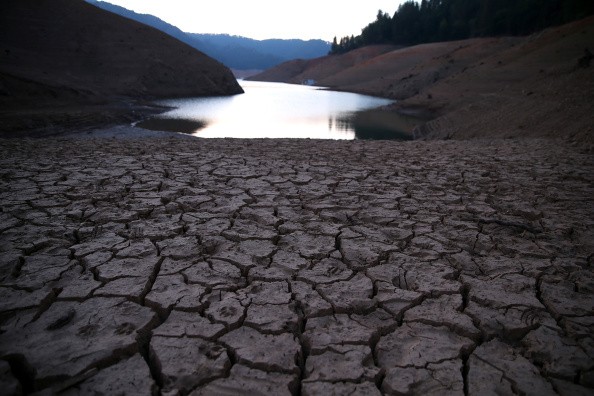
Economic Loss
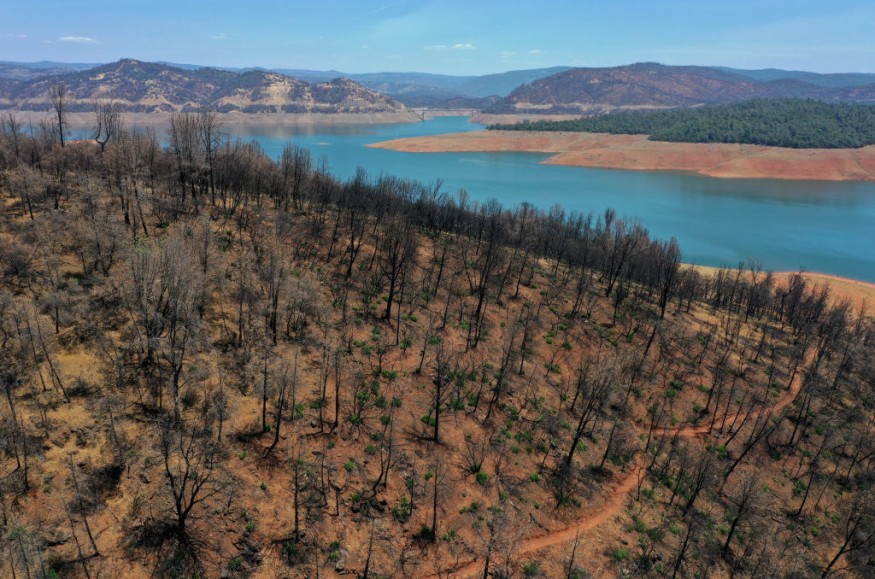
Drought has impacted at least 1.5 billion people this century, with an estimated economic loss of $124 billion (£89 billion) during the same time period. According to a research released on Thursday, the real cost is likely to be several times greater because such figures leave out most of the effects in poor nations.
"Drought is on the verge of becoming the next pandemic, and there is no vaccine to treat it," Mami Mizutori, the UN Secretary-Special General's Representative for Disaster Risk Reduction, warned. In the next years, the majority of the world will face water scarcity. During some instances, demand will outpace supply. Drought is a key cause of soil degradation and a drop in main crop yields."
Drought in a Global Scale
She explained that many people think of drought as impacting Africa's arid regions, but this is not the reality. According to the research, drought is currently prevalent, and by the end of the century, all but a few nations will have experienced it somehow.
"People have been experiencing drought for 5,000 years, but what we see now is totally different," Mizutori explained. "Human activities are aggravating the drought and amplifying its effects," threatening to stymie efforts to bring people out of poverty.
The developed countries have not been spared. Drought has hit the United States, Australia, and southern Europe in recent years. Drought costs the US more than $6 billion in direct expenditures each year, and the EU around €9 billion (£7.7 billion), although these figures are likely to be grossly underestimated.
According to the research, population expansion exposes more people in many places to the effects of drought.
Large-Scale Impacts
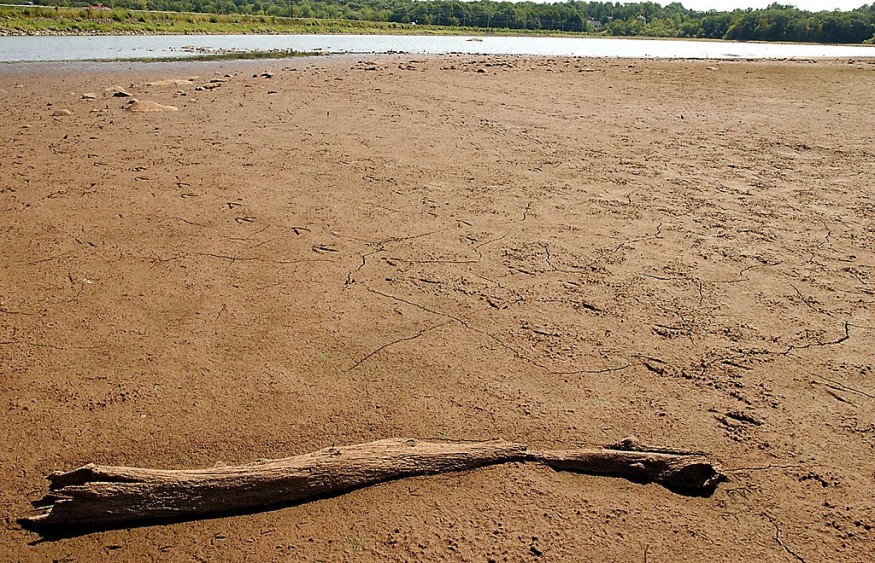
According to Roger Pulwarty, a senior scientist at the US National Oceanic and Atmospheric Administration and one of the report's co-authors, drought affects more than just agriculture.
He cited the Danube in Europe, where repeated droughts have harmed transportation, tourism, business, and energy generation in recent years. He stated, "We need a modernized approach to drought." "We need to think about how to manage resources like rivers and huge watersheds," says the author.
Worsened By Climate Change
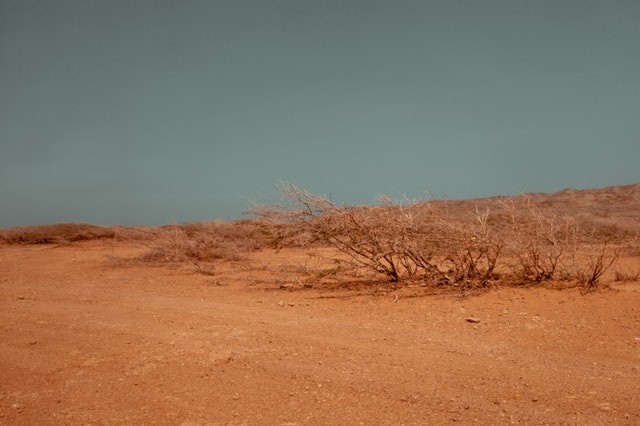
Drought is exacerbated by changing rainfall patterns as a result of climate change. Still, the research also points to inefficient water usage, soil degradation due to intensive agriculture, and lousy farming methods as contributing factors. According to the report, deforestation, misuse of fertilizers and pesticides, overgrazing, and over-extraction of water for agriculture are serious issues.
Immediate Action
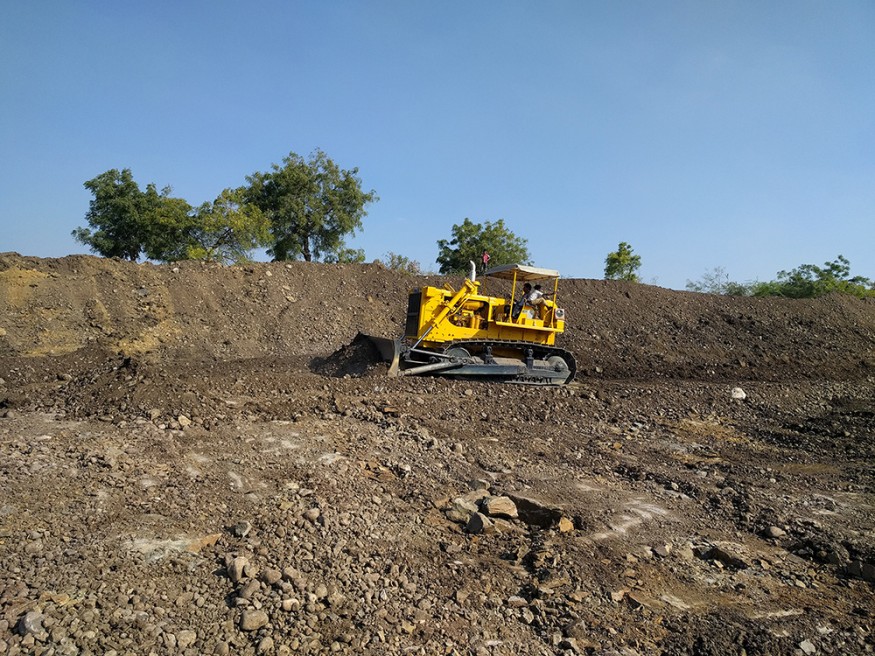
Mizutori urged governments to change and regulate how water is collected, stored, and used and how land is managed to help prevent drought. She added that sophisticated weather forecasting techniques were now available and that early warning systems might help those in peril.
Working with local people was critical, she added since local and indigenous knowledge helped advise where and how to conserve water and forecast the effects of dry seasons.
The paper, titled Global Assessment Report on Disaster Risk Reduction: Special Report on Drought 2021, was released on Thursday and will be used to inform discussions at the UN's Cop26 climate conference, which will be held in Glasgow in November.
For more climate and weather updates, don't forget to follow Nature World News!
© 2025 NatureWorldNews.com All rights reserved. Do not reproduce without permission.





